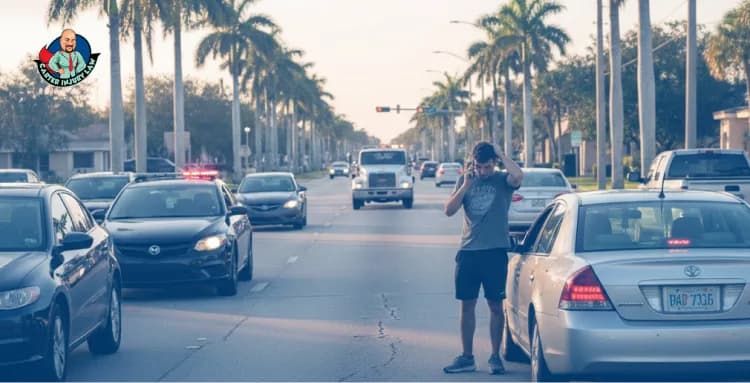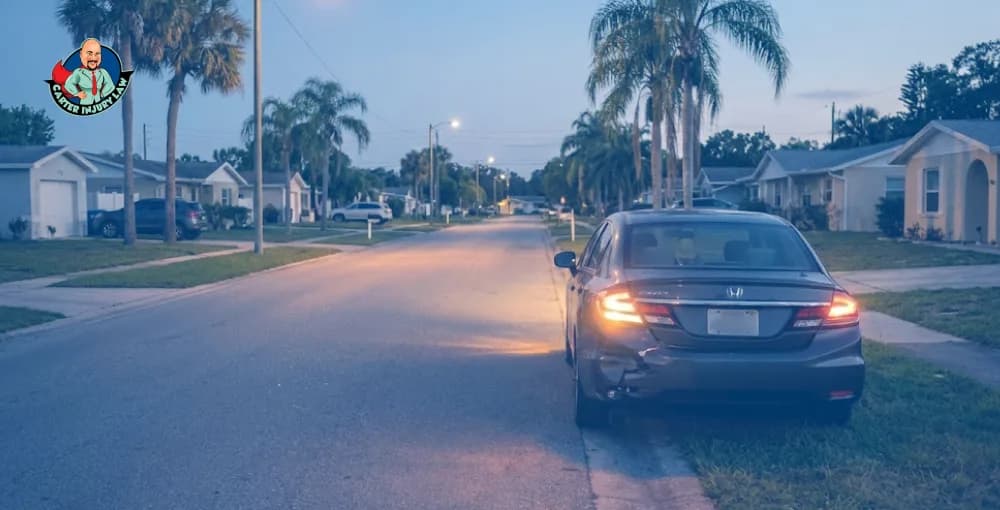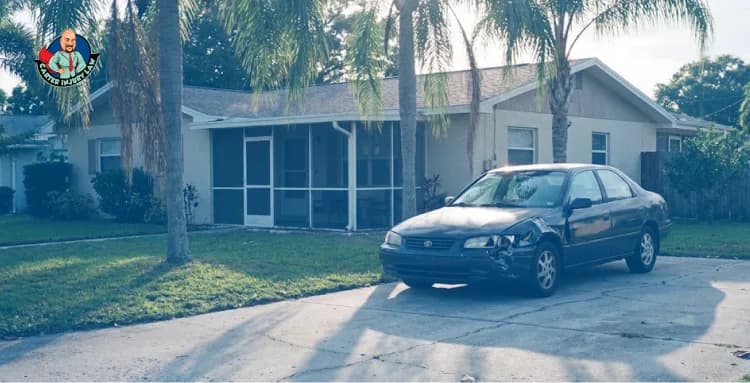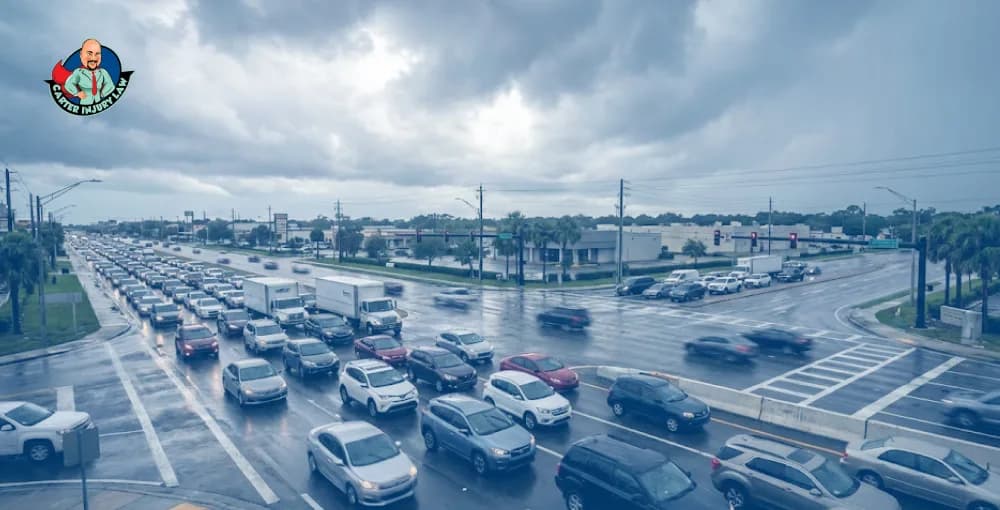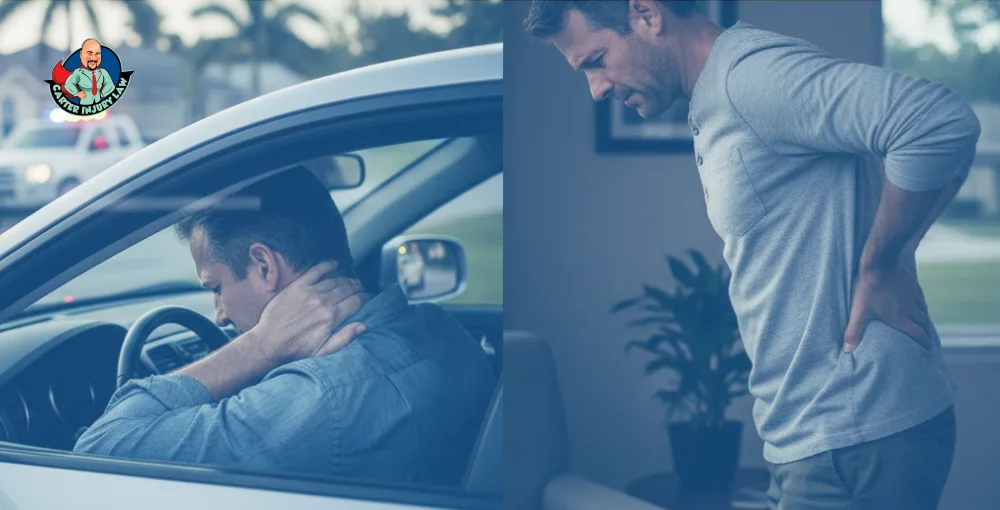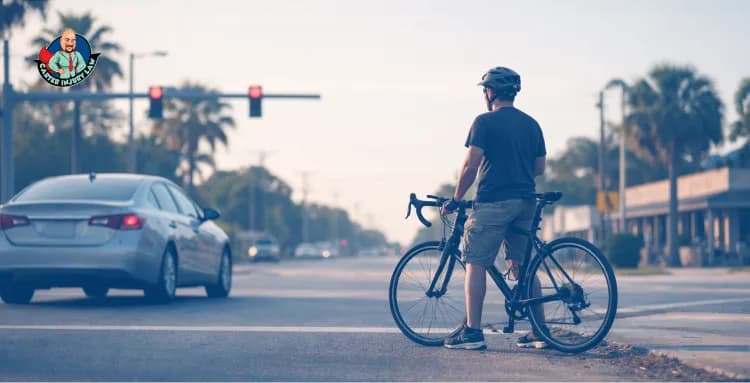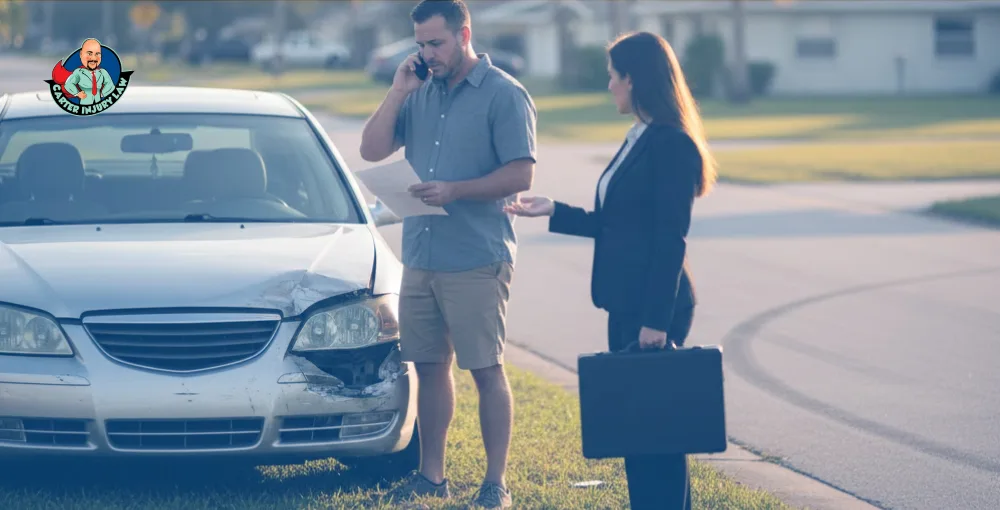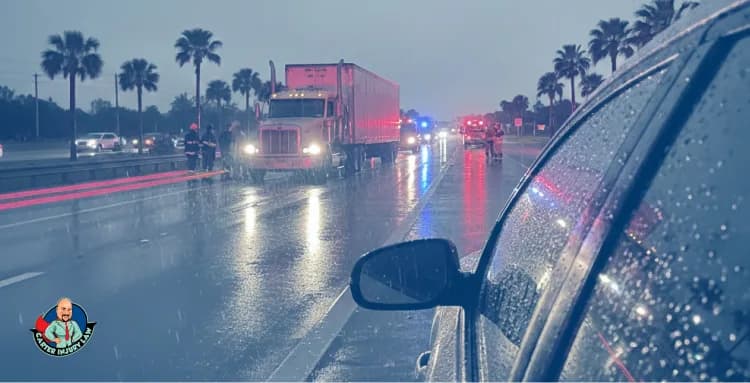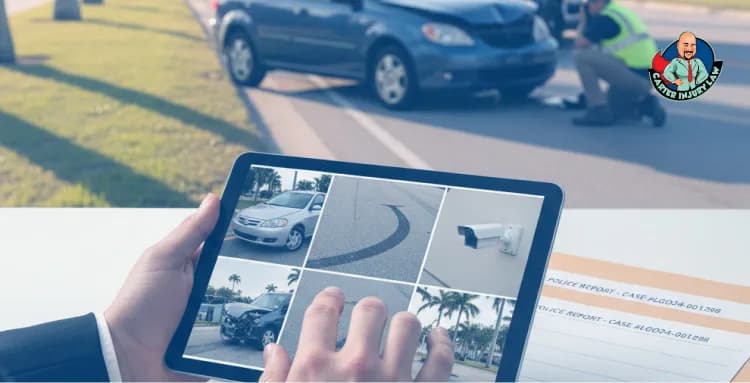On a Florida highway the traffic runs heavy with trucks that seem as permanent as the sun itself, their trailers gliding through the flat heat of the state. To most drivers they are just background noise, the groan of gears and the hiss of brakes. But when one of those trucks collides with a car, the ordinary world splits open. What looks like a simple wreck rarely tells the full story.
The truth is hidden inside the truck’s own memory, a silent witness that records speed, hours, and moments of fatigue. In Florida courts this small device can become the loudest voice in the room. For the injured it can mean justice. For the unprepared it can mean silence. The real question is, when the black box speaks, whose story will it tell?
1) What Is a Truck’s Black Box and ELD Data?
Most people imagine a black box as something that belongs to airplanes, but nearly every commercial truck on Florida’s highways carries its own version. This device, technically known as an Event Data Recorder, sits quietly under the hood until the moment of crisis, capturing the truth that often slips past human memory.
Alongside it is the Electronic Logging Device, or ELD, which tracks the driver’s hours, rest periods, and compliance with federal safety rules. Together they form a silent diary of the truck’s journey.
Black Box (Event Data Recorder): Records speed, sudden braking, throttle position, seatbelt use, and impact force in the seconds before and after a crash.
ELD (Electronic Logging Device): Tracks driving hours, required rest breaks, and potential violations of the Hours of Service regulations.
Why It Matters in Florida: These records can make the difference in a state where comparative negligence means even partial fault can reduce or erase compensation.
According to the Federal Motor Carrier Safety Administration (FMCSA), fatigue is a factor in 13% of large truck crashes in the United States. That number may sound small, but for the families whose lives are overturned on I-95 or the Turnpike, it is not a percentage, it is a story. The devices do not lie, but they do not interpret either. In the courtroom, that distinction is everything.
2) Why Florida Law Makes This Data Crucial
Florida does not deal in absolutes when it comes to accident cases. It follows a rule known as comparative negligence under Florida Statutes §768.81. In practice, this means a jury can decide that fault is shared. If an injured driver is found 30% responsible for a crash, their compensation is reduced by 30%. If they are found mostly at fault, recovery may vanish altogether.
This is where the black box and ELD step in as quiet but powerful witnesses. They capture the parts of the story that human testimony cannot always prove.
Was the truck speeding just before the collision?
Did the driver push past their federally mandated hours of service?
Was there a sudden swerve or a harsh brake that revealed distraction?
Or does the record show careful driving, which might weaken the injured party’s claim?
The answers in those data streams often set the boundaries of a Florida courtroom battle.
The law does not always punish silence, but in Florida, silence from a missing black box can tip the scales. The company’s lawyers may argue that without proof, the burden shifts back to the victim. In that moment, the case is no longer about truth, it is about who acted fast enough to hold on to it.
3) How ELD and Black Box Data Can Make or Break a Case
Every crash on a Florida highway carries two stories. One is told in the chaos of screeching brakes, bent steel, and shaken voices. The other is told in numbers, preserved in a device that does not blink. Courts listen carefully to both, but often the second story carries more weight.
Black box and ELD data can breathe life into a claim, proving a driver sped through the night on too little rest or pressed the accelerator past reason. At the same time, the same records can just as easily protect a trucking company, showing that the driver slowed within the limit or that hours of service were honored down to the minute.
The Federal Motor Carrier Safety Administration reports that nearly 500,000 truck crashes occur nationwide every year, with fatigue, distraction, and speed among the leading factors. In Florida’s comparative negligence system, that distinction between a fatigued driver and a careful one is not academic. It can mean the difference between full compensation and no recovery at all.
The cruel truth is that this data cuts both ways. In the right hands it reveals negligence, in the wrong hands it builds a wall against justice. That is why securing and interpreting it quickly is not just a strategy, it is survival.
4) Accessing and Preserving the Data in Florida
The aftermath of a truck accident often feels like smoke hanging in the air, but the evidence does not wait. Black box and ELD data are fragile records. Many devices overwrite themselves within weeks, some within days. Once gone, they leave only silence.
Florida law gives victims the spoliation letter. This formal notice requires a trucking company to preserve electronic data. Once the letter is sent, destroying or altering that evidence can lead to court sanctions, sometimes shifting the burden of proof in favor of the injured party. Without it, a company can argue that the data was erased as part of routine business, and the court may accept that explanation.
Access is not simple. Trucking companies often resist, arguing that the data is proprietary or that releasing it invades the driver’s privacy. In practice, courts in Florida tend to side with preservation when safety and negligence are at issue, but the battle can be long.
The clock begins the moment metal meets asphalt. For a victim, every day that passes without legal action risks turning truth into ash.
5) How Insurance Companies Use This Data Against You
Even when the data exists, it does not automatically work in the victim’s favor. Insurance companies in Florida know the power of black box and ELD records, and they are skilled at using them to protect their own interests. What looks like an objective record can become a tool to shift blame, minimize payouts, or delay justice.
Some common tactics include:
Highlighting selective portions of ELD records to suggest the victim shared fault.
Arguing that a minor discrepancy in logs proves the driver was careless, even if the crash was unavoidable.
Claiming black box data is inconclusive or requires expert interpretation, buying time to weaken the case.
Using missing or partially overwritten data to question the credibility of the victim’s claim.
Understanding these strategies is vital. The difference between an experienced accident attorney and going it alone is the ability to counter these tactics before they define the case. In Florida, a single misinterpreted log entry can turn months of recovery and suffering into a fight for every dollar.
6) Carter Injury Law Uses Experts to Turn Data Into Justice
We know that black box and ELD data can be intimidating. Numbers and logs alone do not tell a clear story to a judge or jury. That is why we work with seasoned experts who can translate complex data into clear, compelling evidence.
Our accident reconstruction specialists and data analysts examine the seconds before impact, the driver’s hours, the braking patterns, and even subtle changes in throttle or steering. We turn what looks like a string of numbers into a narrative that reflects exactly what happened on Florida’s highways.
By presenting the data through expert testimony, we make the invisible visible. The judge and jury see more than raw logs; they see the truth of the crash and the responsibility it reveals. This approach allows us to:
Prove whether the truck driver followed hours-of-service regulations.
Show how speed, fatigue, or distraction contributed to the accident.
Counter insurance companies that attempt to twist partial data against the victim.
Secure maximum compensation for injuries that could otherwise be minimized or ignored.
For every case, timing is crucial. Carter Injury Law acts immediately to preserve evidence, consult experts, and present the data in a way that Florida courts understand and respect. In cases where insurance companies hope silence or confusion will protect them, we make sure the truth cannot be ignored.



